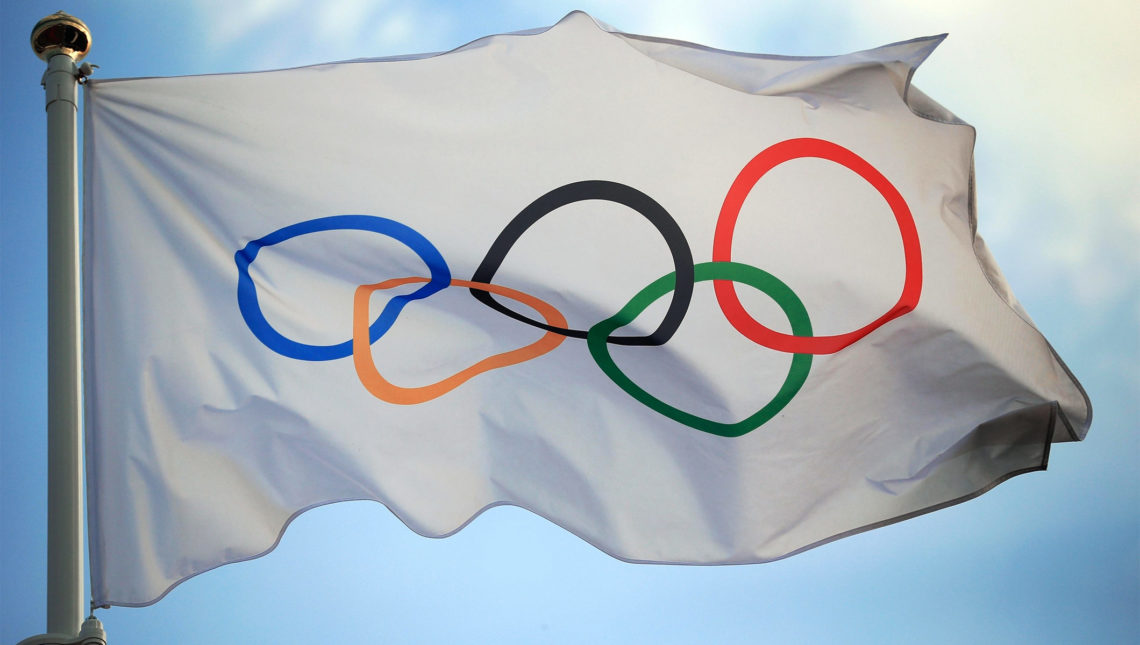
Just a few months after the approval of its new strategic roadmap, Olympic Agenda 2020+5, the Executive Board (EB) of the International Olympic Committee (IOC) today discussed the practical implementation of a number of recommendations addressing topics whose urgency and importance have been accelerated by the COVID-19 pandemic, namely sustainability, legacy, gender equality and inclusion.
Sustainability
Already a carbon-neutral organisation, the IOC will become climate-positive by 2024, which means that it will be removing more carbon emissions from the atmosphere than it emits. This will involve:
- reducing the IOC’s emissions by 45 per cent by 2030;
- creating an “Olympic Forest” to offset more than 100 per cent of its unavoidable emissions;
- using the IOC’s influence to encourage others within the sports world to take action against climate change.
In addition to offsetting the IOC’s residual emissions, the Olympic Forest will create long-term social and biodiversity benefits. It will be part of the UN-backed Great Green Wall initiative to restore degraded landscapes across Africa’s Sahel region.
As a key part of Olympic Agenda 2020+5, the IOC will also accelerate the transition to climate-positive Olympic Games, with all Olympic Games required to be climate-positive from 2030. Until then, host cities, including Tokyo 2020 and Beijing 2022, have committed to holding Games that are carbon-neutral, while Paris 2024 has recently announced its ambition to stage the first climate-positive Games.
Legacy
With Olympic Agenda 2020, the IOC has transformed the way the Olympic Games are organised, making them more sustainable and less costly: it is the Games that adapt to their host and their needs, and not the other way around.
As the world begins to face the socio-economic consequences of the pandemic, the impacts, and long-term social benefits that sports events create will be more important than ever. With Olympic Agenda 2020+5, the IOC will:
- Continue to ensure that legacy is embedded through the Olympic Games lifecycle – from the early days of the process to elect future Olympic hosts to after the Games.
- Ensure that governance structure and long-term funding for legacy are in place early in the Games’ lifecycle.
- Improve the monitoring and measurement of the impact and legacy of the Olympic Games, including their contribution to the UN Sustainable Development Goals.
Gender equality and inclusion
On the field of play, substantial progress has been made on gender equality and, thanks to the IOC’s ongoing efforts, the Olympic Games Tokyo 2020 will be a turning point. With 49 per cent female participation, Tokyo 2020 will be the first gender-equal Olympic Games ever. For the first time, there will be at least one female and one male athlete in each of the teams participating in the Games. Gender equality will also be at the forefront at the Opening Ceremony, as all National Olympic Committees (NOCs) are encouraged to have one male and one female athlete jointly carry their flag. Tokyo’s competition schedule will also see double the number of mixed events compared to Rio 2016. Paris 2024 will see for the first time in Olympic history the participation of the exact same number of female athletes as male athletes.
To build upon these achievements regarding athletes, the IOC will now also focus on gender equality within the athletes’ entourage and most specifically on coaches. On average, only 10 per cent of the accredited coaches are women. The objectives for 2021-2024 include the development of an action plan in collaboration with International Federations (IFs) and NOCs for more female coaches to be eligible and selected to participate in World Championships and the Olympic Games.
As an organisation, the IOC is leading by example in gender equality. Female IOC membership stands at 37.5 per cent, up from 21 per cent at the start of Olympic Agenda 2020. On the IOC Executive Board, female representation stands at 33.3 per cent, versus 26.6 per cent pre-Olympic Agenda 2020. Women also currently account for 47.8 per cent of the members on the IOC’s commissions, compared with 20.3 per cent pre-Olympic Agenda 2020.
The IOC is now taking the next step in promoting gender equality and inclusion by encouraging the Olympic Movement to follow its lead. The new objectives focus on accelerating the trend within NOCs, IFs and the Organising Committees for the Olympic Games, encouraging them to strive for gender-balanced representation in their Games leadership roles and decision-making bodies.
The importance of gender-equal and fair portrayal practices in communications around the Olympic Games is also emphasised in the new objectives. Following the initial portrayal guidelines published in 2018, an updated version will be made available ahead of Tokyo 2020 to encourage the entire Olympic Movement and its stakeholders to entrench gender-equal portrayal practices in all forms of communication.
The principles of inclusion, diversity and gender equality are enshrined in the Fundamental Principles of Olympism and are integral components of the IOC’s work.
Building on the progress already achieved by the IOC on gender equality, the new Gender Equality and Inclusion Strategic Framework 2021-2024 discussed today includes 21 objectives organised in three spheres:
- the IOC as an organisation;
- the IOC as the owner of the Olympic Games; and
- the IOC as the leader of the Olympic Movement.
Find out more about gender equality in sport
The three topics discussed today are integrated throughout the recommendations of Olympic Agenda 2020+5 and are at the heart of the Olympic Movement’s vision of “building a better world through sport”. They have all increased in importance over the past difficult year, with the pandemic pushing the world to strengthen its relationship with nature and the communities in which we live.